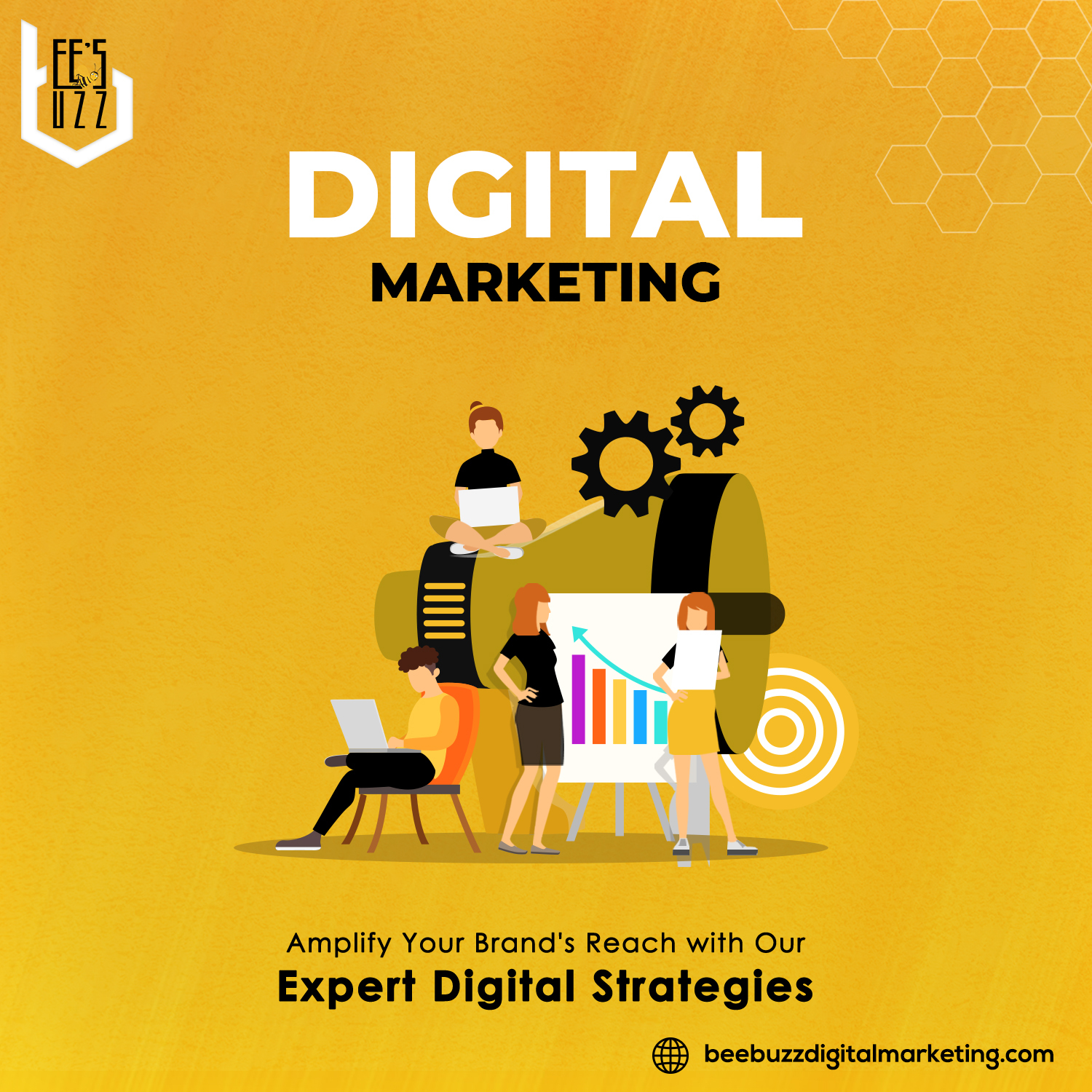In the ever-evolving landscape of digital marketing, staying ahead of the curve is essential for businesses aiming to connect with their target audiences effectively. One of the most transformative technologies driving this evolution is Artificial Intelligence (AI). In this blog post, we will delve into the profound impact AI has on digital marketing, exploring its various applications and how businesses can leverage this technology to enhance their marketing strategies.
Understanding the Role of AI in Digital Marketing
Artificial Intelligence encompasses a wide array of technologies that enable machines to perform tasks that traditionally required human intelligence. In the realm of digital marketing, AI is a game-changer, revolutionizing how businesses analyze data, personalize experiences, and engage with their audience.
1. Data-Driven Decision Making: AI empowers marketers to make informed decisions by analyzing vast amounts of data in real-time. Machine learning algorithms can identify patterns and trends, helping businesses understand consumer behavior and preferences more accurately than ever before.
2. Personalization at Scale: The era of one-size-fits-all marketing is fading, thanks to AI-driven personalization. By leveraging data insights, businesses can create highly personalized experiences for their audience, delivering tailored content, recommendations, and offers.
Enhancing Customer Engagement with AI
Customer engagement is the cornerstone of successful digital marketing. AI plays a pivotal role in elevating customer interactions, making them more meaningful and relevant.
1. Chatbots and Virtual Assistants: AI-powered chatbots and virtual assistants are becoming integral to customer service. These tools provide instant responses, address queries, and guide users through the buyer’s journey, significantly improving customer satisfaction and retention.
2. Predictive Analytics for Customer Behavior: Anticipating customer needs is a key element of successful marketing. AI-driven predictive analytics analyze past behavior to forecast future actions, allowing businesses to tailor their strategies and offerings accordingly.
Also Read: Everything to Know About Web Designing
Revolutionizing Content Marketing with AI
Creating compelling and relevant content is a constant challenge for marketers. AI brings innovative solutions to the table, transforming the content creation and distribution process.
1. Automated Content Generation: AI tools, powered by natural language processing, can generate high-quality content efficiently. From blog posts to product descriptions, AI helps marketers save time while maintaining content quality.
2. Content Personalization Algorithms: AI algorithms analyze user behavior to recommend personalized content. Whether it’s email campaigns or website recommendations, these algorithms enhance user engagement by presenting content that resonates with individual preferences.
SEO and AI: A Dynamic Duo
Search Engine Optimization (SEO) is a critical aspect of digital marketing, and AI is enhancing its effectiveness by providing advanced tools and insights.
1. Voice Search Optimization: As voice search becomes more prevalent, AI helps businesses optimize their content for natural language queries. This ensures that websites are well-positioned to capture traffic from voice-activated devices.
2. Algorithmic SEO Updates: Search engine algorithms evolve constantly. AI assists marketers in staying ahead of these changes by analyzing patterns and providing actionable insights for adjusting SEO strategies.
Overcoming Challenges and Ethical Considerations
While the benefits of AI in digital marketing are evident, it’s crucial to acknowledge the challenges and ethical considerations that come with implementing this technology.
1. Data Privacy Concerns: The use of AI often involves processing large amounts of personal data. Marketers must prioritize data privacy and ensure compliance with regulations to build and maintain trust with their audience.
2. Transparency and Accountability: AI algorithms can sometimes operate as ‘black boxes,’ making it challenging to understand their decision-making processes. Striking a balance between automation and transparency is essential to maintain ethical marketing practices.
Conclusion:
In conclusion, the impact of Artificial Intelligence on digital marketing is transformative. From data-driven decision-making to personalized customer experiences, AI is reshaping how businesses connect with their audience. Embracing AI technologies enables marketers to not only stay competitive but also to unlock new possibilities in the dynamic and ever-evolving digital landscape. As we move forward, the synergy between AI and digital marketing will continue to redefine industry standards, presenting exciting opportunities for innovation and growth.

